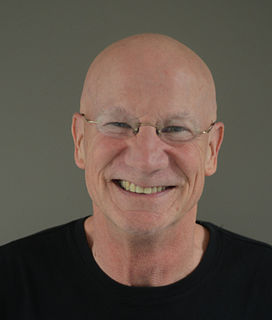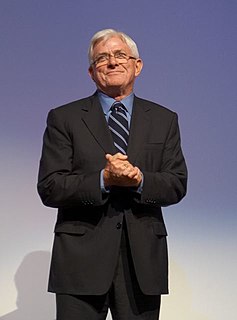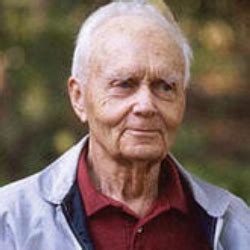A Quote by Adrienne Rich
We move but our words stand become responsible for more than we intended and this is verbal privilege
Related Quotes
I believe that words can help us move or keep us paralysed, and that our choices of language and verbal tone have something - a great deal - to do with how we live our lives and whom we end up speaking with and hearing; and that we can deflect words by trivialization, of course, but also by ritualized respect, or we can let them enter our souls and mix with the juices of our minds.
We know that words cannot move mountains, but they can move the multitude; and men are more ready to fight and die for a word than for anything else. Words shape thought, stir feeling, and beget action; they kill and revive, corrupt and cure. The "men-of-words"- priests, prophets, intellectuals- have played a more decisive role in history than military leaders, statesmen, and businessmen.
Encourage others each and every day-nothing's more important than our words. Did you know that, on average, each of us speaks about twenty-five thousand words daily? My last book didn't have that many words. A lot of language is flowing out of our mouths every day and having an impact on those around us. But how much of that flow is fulfilling God's intended purpose for our speech? How much of it reflects pride, rather than a gospel-motivated humility?
In a world in which we are exposed to more information, more options, more philosophies, more perspectives than ever before, in which we must choose the values by which we will live (rather than unquestioningly follow some tradition for no better reason than that our own parents did), we need to be willing to stand on our own judgment and trust our own intelligence-to look at the world through our own eyes-to chart our course and think through how to achieve the future we want, to commit ourselves to continuous questioning and learning-to be, in a word, self-responsible.
When we can't hold back, or set boundaries, on what comes from our lips, our words are in charge-not us. But we are still responsible for those words. Our words do not come from somewhere outside of us, as if we were a ventriloquist's dummy. They are the product of our hearts. Our saying, "I didn't mean that," is probably better translated, "I didn't want you to know I thought that about you." We need to take responsibility for our words. "But I tell you that men will have to give account on the day of judgment for every careless word they have spoken" (Matt. 12:36).
Aging is no accident. It is necessary to the human
condition, intended by the soul. We become more characteristic of who we are simply by lasting into later years; the older we become, the more our true natures emerge. Thus the final years have a very important purpose: the fulfillment and confirmation of one’s character.
Both life-planning and the adoption of lifestyle options become (in principle) integrated with bodily regimes. It would be quite short-sighted to see this phenomenon only in terms of changing ideals of bodily appearance (such as slimness or youthfulness), or as solely brought about by the commodifying influence of advertising. We become responsible for the design of our own bodies, and in a certain sense noted above are forced to do so the more post-traditional the social contexts in which we move.





































